In Smith v. Arizona, the Supreme Court Considers What it Means to Confront Experts
On January 10, 2024, the Supreme Court heard oral arguments in Smith v. Arizona, a case asking whether the government’s expert witness can testify as to the findings of another expert without violating the Confrontation Clause.
Typically, in a drug possession case, the government must prove that the substance found by the police is actually what they say it is. You can imagine a situation where someone might be arrested and prosecuted, wrongly, for possession of baking soda and oregano, not cocaine and marijuana. As a result, law enforcement organizations work with—and sometimes directly employ—expert lab technicians to identify the seized substances.
But what happens if the lab technician who ran the tests doesn’t appear in court, and instead, their colleague presents the lab’s findings with the imprimatur of their own expertise? Does this mean the defendant has been denied the right to challenge the evidence against them?
For instance, how can the testifying expert answer questions about whether the lab adhered to its protocols on the relevant day; or address any irregularities in the test paperwork; or answer more pointed questions relating to the circumstances unique to the tests at issue in the case?
According to the State of Arizona, none of this matters, because the testifying witness is using their expertise merely to interpret another expert’s results. This is all fine, says Arizona, because under the rules of evidence, the facts or data underlying an expert’s opinion need not themselves be admissible. Moreover, according to the state, the documents were not testimonial.
That, Arizona says, resolves the Confrontation Clause issue.
The defendant, Smith, argues that’s all improper. The testifying witness had no personal knowledge of what the non-testifying expert did, Smith says, and so the expert who appeared at trial was merely a conduit for the non-appearing witness’s testimony. It wasn’t that the expert was interpreting facts or data—instead, for all practical purposes, the expert was reading someone else’s report to the jury as if it was their own lab work.
So why does this matter? If Lab Technician 1 merely reads aloud from a report Lab Technician 2 was going to explain to the jury anyway, where’s the Constitutional foul?
The foul is that the Confrontation Clause guarantees a meaningful opportunity to cross examine the evidence, not just have it read to the jury by the right person. Smith argues he was deprived the opportunity to test the strength of the government’s assertions and have the jury decide what was, or was not, proven beyond a reasonable doubt.
Did the lab adhere to proper protocols with regard to the actual tests? Were there any problems at the lab that day that might detract from the tests’ accuracy? These are the types of questions a competent trial attorney would need to explore with the person who actually ran the tests in the lab; the say-so of a different technician on a different day is too removed to be useful.
As an aside, the Court is also concerned about the degree to which any of this was preserved for appeal. The Supreme Court could decline to rule on this issue because the trial lawyers might not have stated their objections thoroughly.
Hopefully, the Court doesn’t side-step this important issue. The Confrontation Clause shouldn’t mean every person in the chain of evidence always has to testify, but it at least should mean that the expert opinion upon which a jury will convict, must be tested by cross examining that expert, not their proxy.
January 18, 2024
